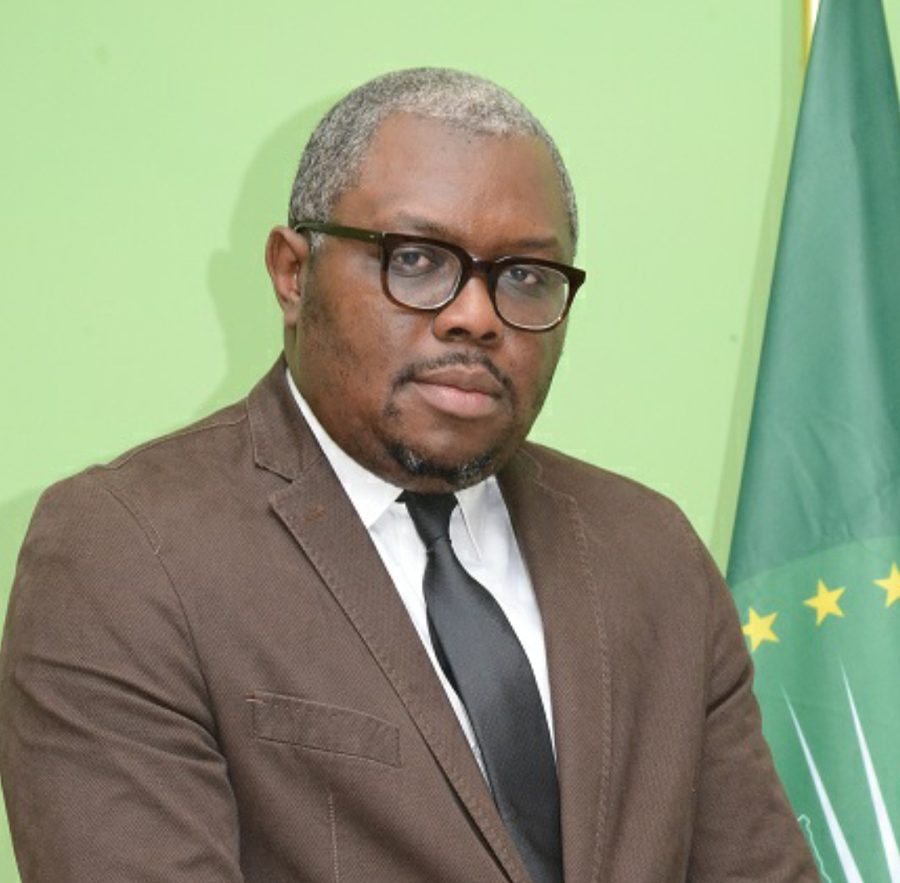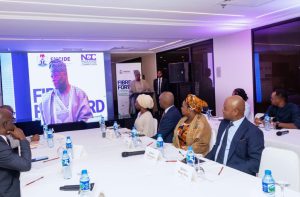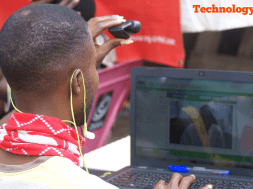Paradigm Initiative (PIN), a digital rights non-profit organisation, known for its work in promoting internet freedom across Africa, has welcomed a new resolution aimed at protecting internet access during elections.
The African Commission on Human and Peoples’ Rights (ACHPR) recently adopted Resolution 580 on Internet Shutdowns and Elections in Africa. This resolution urges African states to refrain from restricting internet access during elections, a practice that can stifle free speech and hinder the flow of information.
PIN, which has documented instances of internet shutdowns in Africa, particularly during elections, reported that this year alone, countries like Chad and Senegal have disrupted internet access, a development that raised concerns from the watchdog about a potential surge in such violations with at least 21 African nations scheduled for elections in 2024.

The Commission anchored Resolution 580 in its own Declaration of Principles on Freedom of Expression and Access to Information in Africa. This declaration emphasises that “universal, equitable, affordable and meaningful access to the internet is necessary for the realisation of freedom of expression, access to information and the exercise of other human rights.”
“PIN applauds the resolution and reminds African States of Article 4(1) of the African Charter on Democracy, Elections and Good Governance (ACDEG) which stipulates that State Parties shall commit themselves to promote democracy, the principle of the rule of law and human rights. Keeping the internet open during elections aligns with that commitment,” PIN said in a statement made available to Technology Times.
ACHPR: Internet access necessary for freedom of expression
The ACHPR which was established by the African Charter and inaugurated in 1987 is tasked with promoting human rights across Africa. The commission has a “mandate to promote and protect human and peoples’ rights in Africa under Article 45 of the African Charter on Human and Peoples’ Rights (the African Charter).”
The Commission anchored Resolution 580 in its own Declaration of Principles on Freedom of Expression and Access to Information in Africa. This declaration emphasises that “universal, equitable, affordable and meaningful access to the internet is necessary for the realisation of freedom of expression, access to information and the exercise of other human rights.”
In an earlier statement, the commission noted that “Considering, Principle 38(1) and 38(2) of the Declaration, whereby States: “do not interfere with the right of individuals to seek, receive and impart information through any means of communication and digital technologies, by taking measures such as removal, blocking and filtering of content, except where such interference is justifiable and consistent with international human rights law and standards”; and do not tolerate or engage in the interruption of access to the Internet and other digital technologies targeting segments of the population or an entire population;”
The Commission further called on State Parties to:
“(i) Ensure compliance with the African Charter, the African Charter on Democracy, Elections and Good Governance and relevant regional and international human rights instruments during the electoral process;
(ii) Take the necessary legislative and other measures to ensure open and secure internet access before, during and after elections, including ensuring that telecommunications and internet service providers take adequate steps to provide unrestricted and uninterrupted access;
(iii) Refrain from ordering the interruption of telecommunications services, shutting down the internet, and/or disrupting access to any other digital communication platforms before, during or after the elections;
(iv) Require telecommunications and internet service providers to inform users of potential disruptions and exercise due diligence to resolve any disruptions expeditiously.”
PIN’s collaboration with the ACHPR on this resolution reflects their ongoing efforts to advocate for digital rights in Africa, said the NGO that monitors internet restrictions, conducts research, and engages with policymakers to promote policies that safeguard online freedoms.
Source of Article

